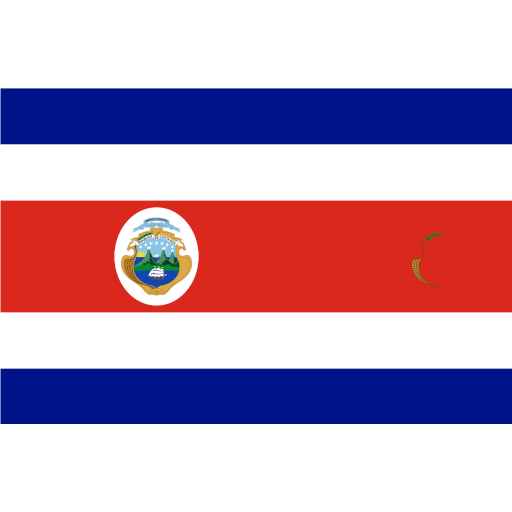Recently, several representatives of the United States("U.S.") Congress, led by Speaker of the House Mike Johnson and Jason Smith, Chairman of the Committee on Ways and Means, expressed their objections to the global minimum tax proposed under Pillar 2 to the Secretary-General of the Organization for Economic Co-Operation and Development ("OECD"). They also voiced their support for a lawsuit filed by the American Free Enterprise Chamber of Commerce in the Belgian Constitutional Court, challenging the undertaxed profits rule ("UTPR").
Below is a summary of their reasons for opposition:
a) Seven years ago, the United States enacted the Global Intangible Low-Taxed Income ("GILTI") regime, a robust global minimum tax. The U.S. Congress does not intend to replace this established mechanism for preventing abusive tax practices by multinational corporations with the OECD's version.
b) “Implementing the UTPR and other OECD policies would require the U.S. to forfeit $120 billion in revenue to foreign governments”, while providing competitive advantages to countries like China”.
c) “The UTPR would disproportionately affect U.S. workers and businesses”, allowing foreign governments to reclaim critical U.S. tax incentives and undermine the operations of American companies in third-party jurisdictions.
d) The Biden-Harris administration does not have the authority to impose any international tax deal without the approval of Congress, as the “U.S. Constitution grants taxing power exclusively to Congress, not the President”.
Additionally, concerns were raised that the “UTPR is fundamentally flawed”, as it would enable entities backed by the Chinese Communist Party ("CCP"), along with other countries, to exploit the OECD global tax agreement to their advantage.
To clarify, the UTPR is designed to act as a back-stop to the income inclusion rule ("IIR"). The OECD proposed two allocation keys to distribute the top-up tax to entities making direct payments to a low-tax Constituent Entity ("CE"). The first key adjusts deductible intra-group payments made directly to a low-tax CE, while any remaining top-up tax is then allocated to UTPR taxpayers under the second key, based on their net intra-group expenditures. This second key aims to prevent profit-shifting into low-tax jurisdictions by targeting indirect intragroup funding structures.
The letter also highlighted concerns over the Chinese government's directive for state-owned companies to replace major Western accounting firms (the "Big Four") with local auditors from China and Hong Kong, raising doubts about the accuracy, honesty, and transparency of corporate financial reporting.
Finally, the U.S. Congress expressed support for other countries enacting their own GILTI-type global minimum taxes and criticized the OECD for failing to “adequately recognize GILTI as the world's first and only proven global minimum tax, which will allow foreign governments to target U.S. interests unfairly”.
The fate of the OECD's proposals is closely linked to the U.S. political and legislative process, where tax laws rarely pass without bipartisan support.
If you have any questions, JA DEL RÍO can provide you with our experts to advise you in matters concerning compliance with your legal and tax obligations. Once again, please let us know if we may be of any further assistance to you at: contacto@jadelrio.com























